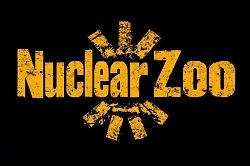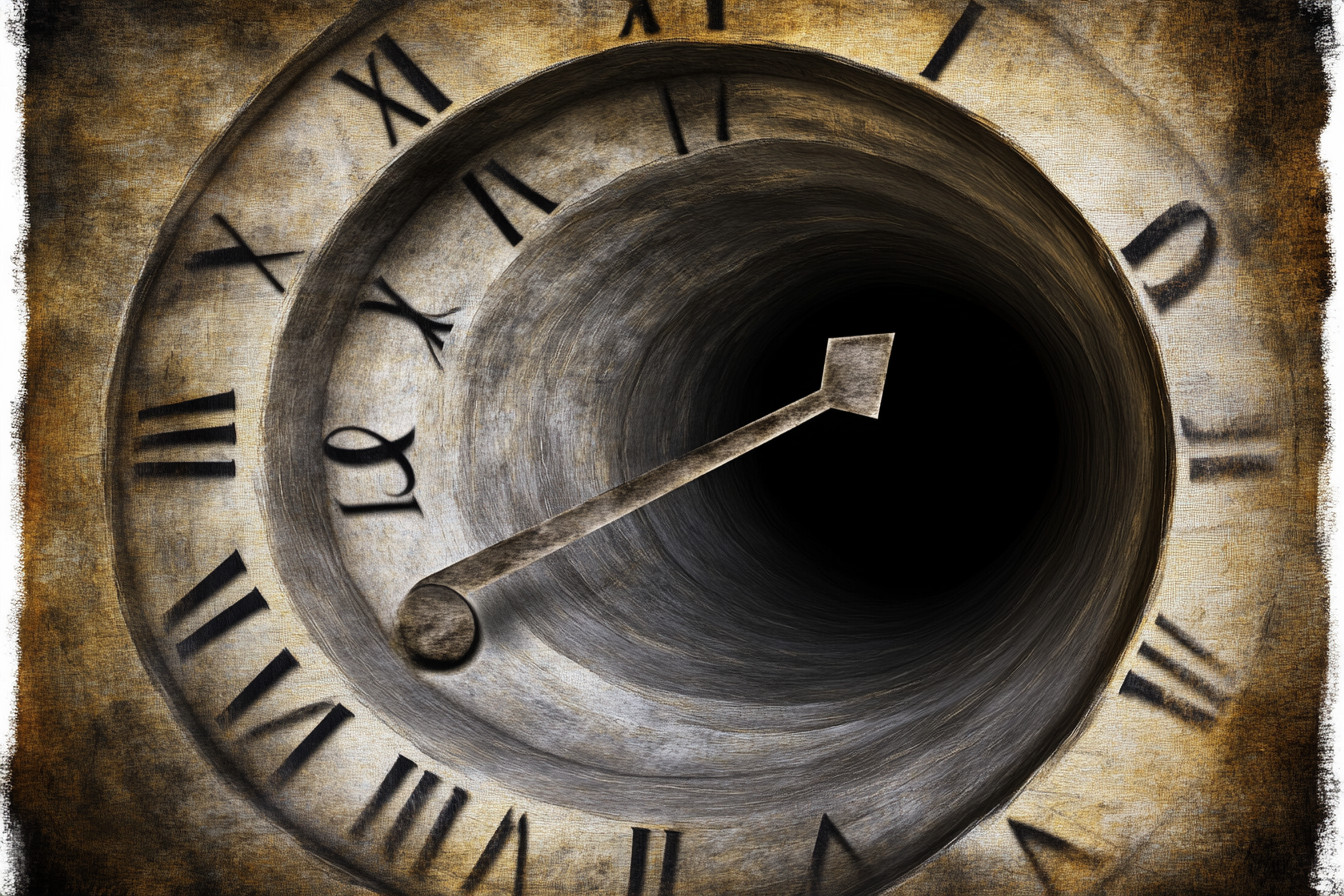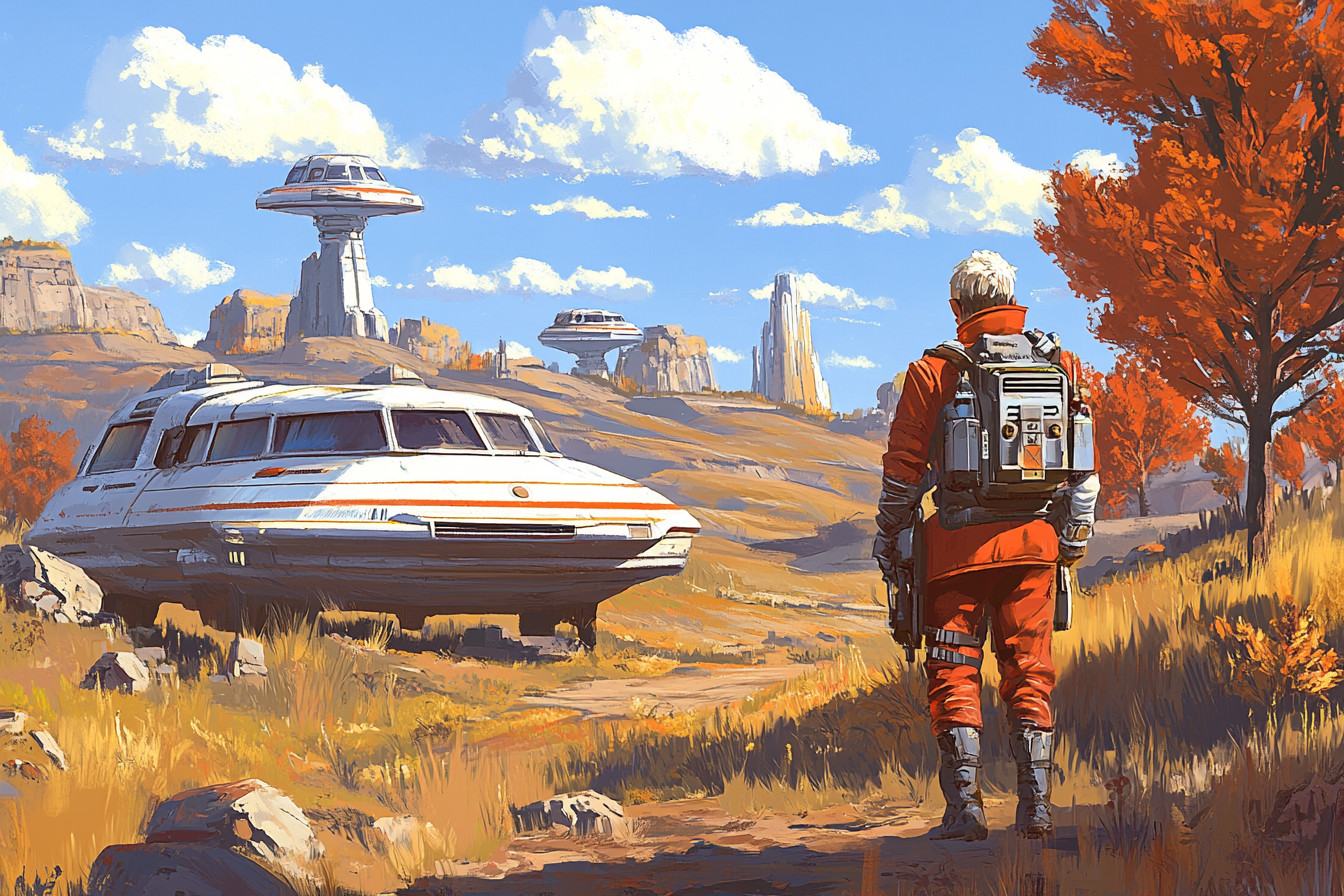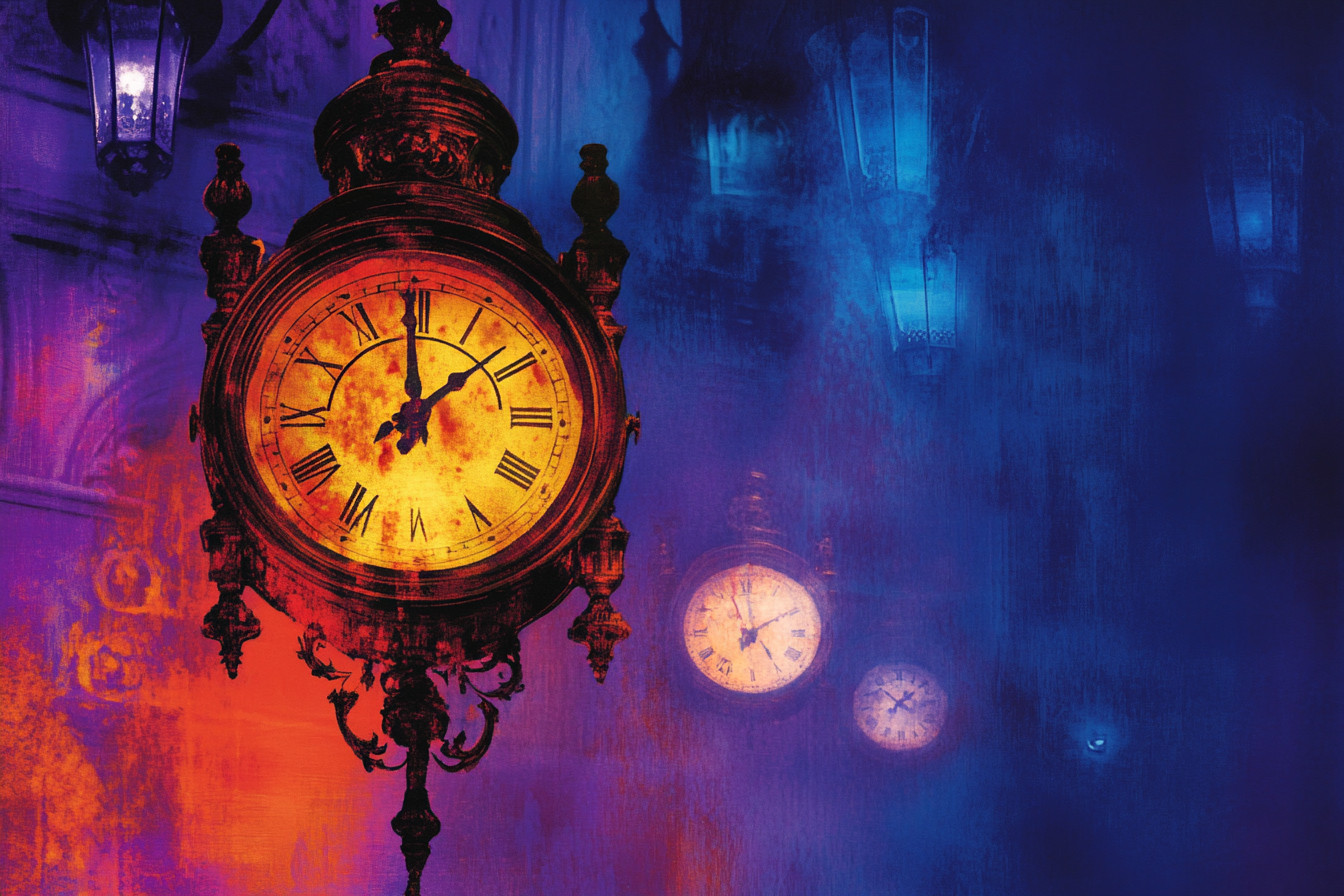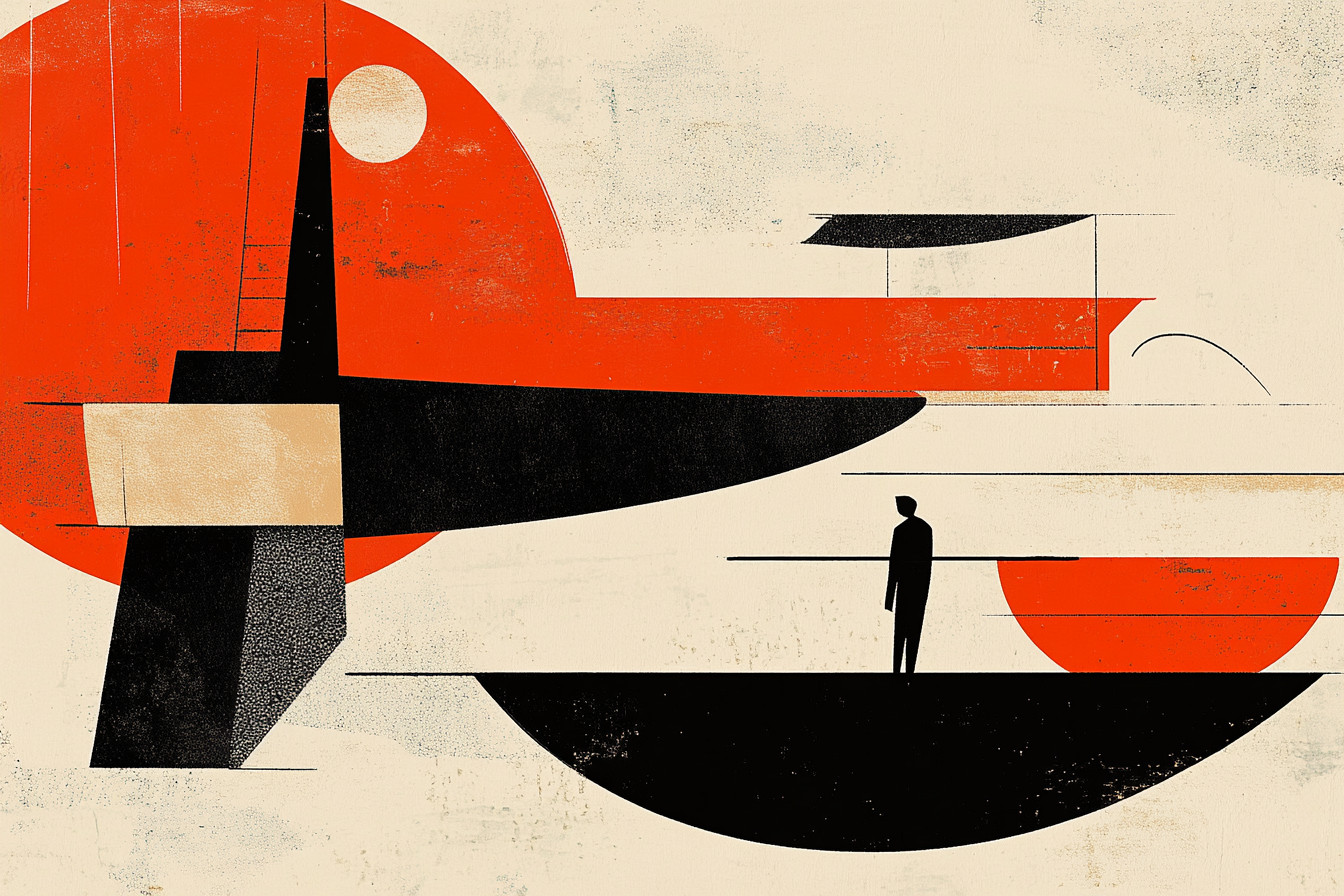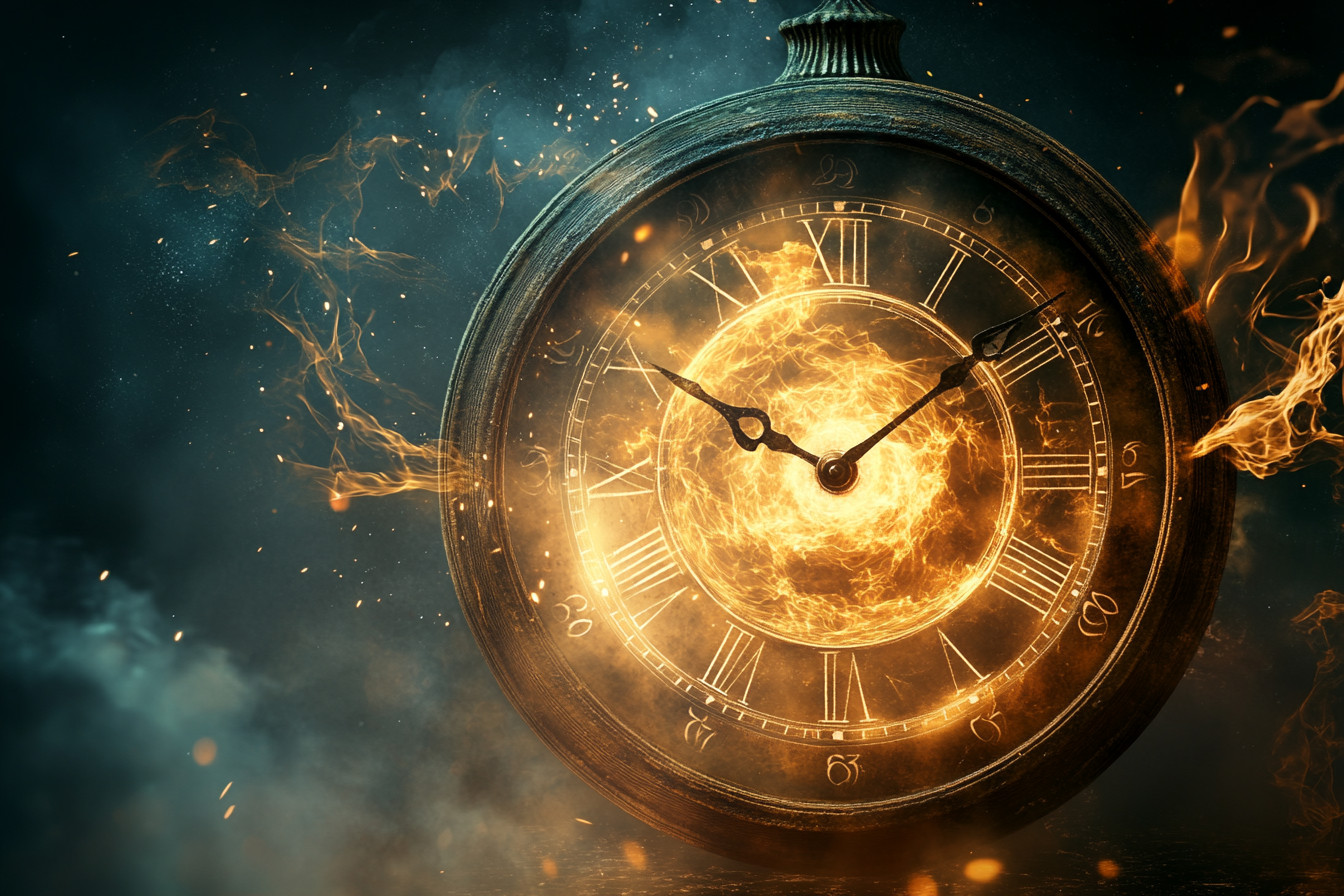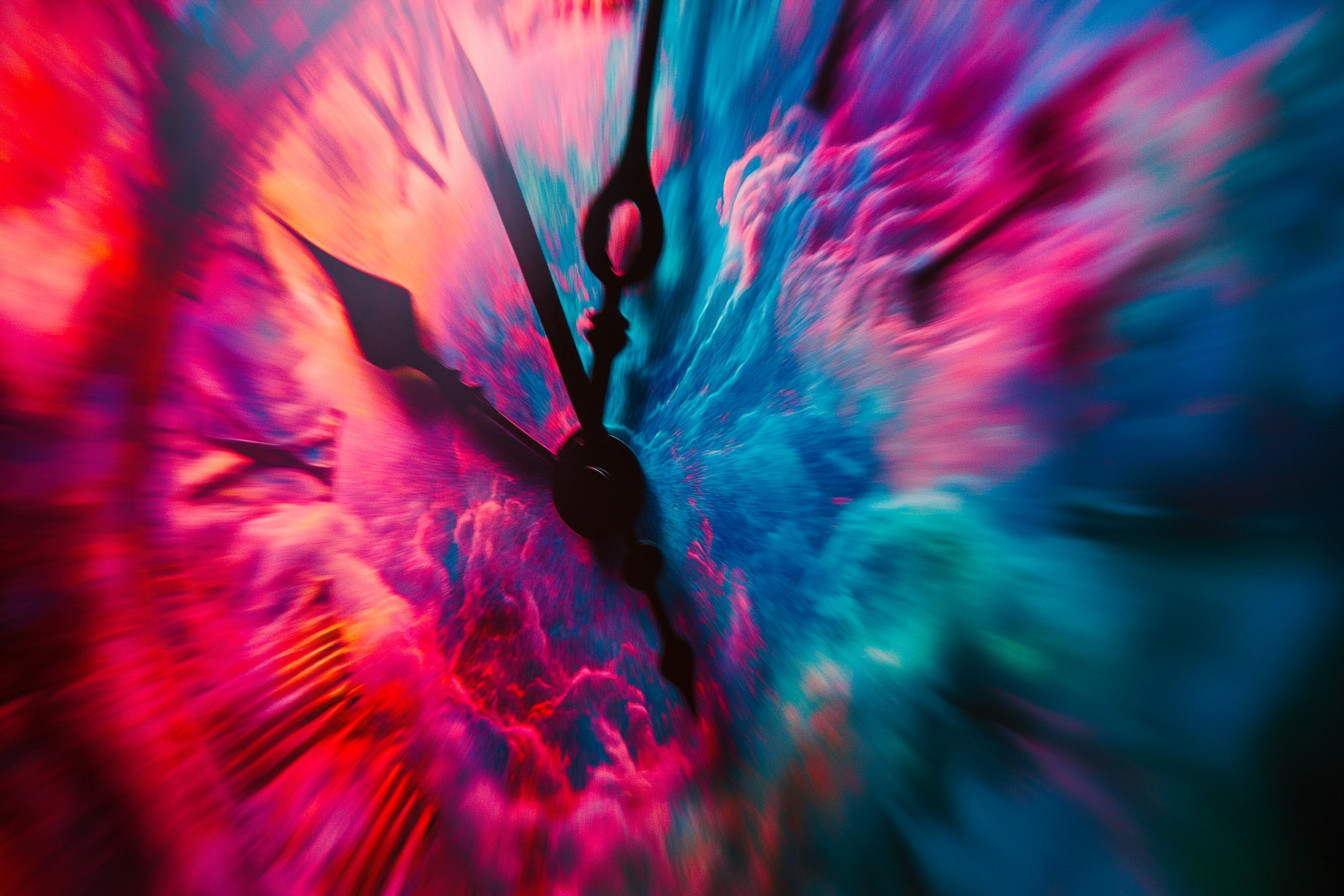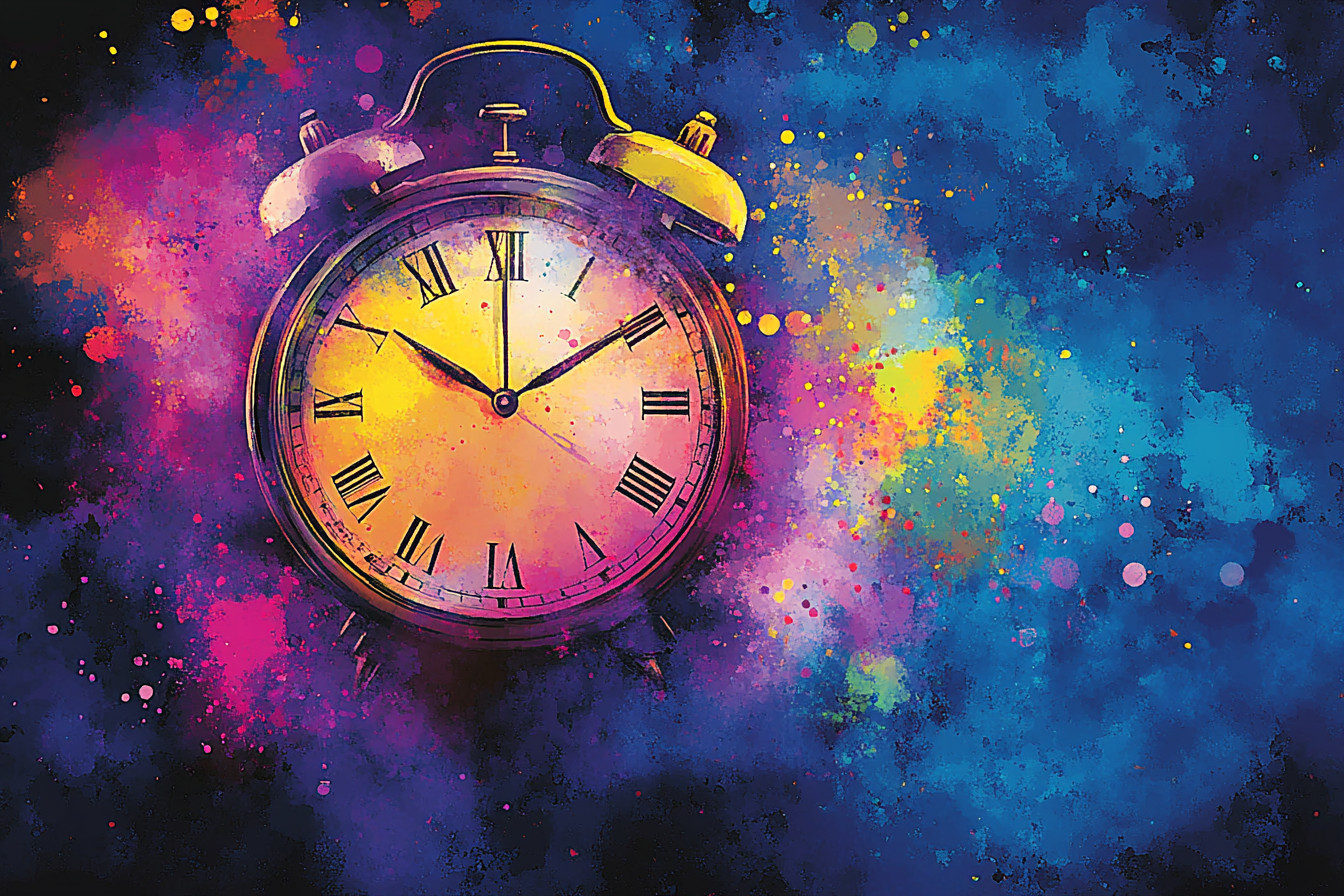The concept of time travel is fascinating since any individual can change their past or look into the future. This wonderful idea motivates writers and can fill their stories with wonder and surprise. When I indulge in time travel stories associated with fictional worlds, there’s always something to get inspired about; however, with each passing page, I grow increasingly annoyed.
Traveling through time is simply overdone in most writing today, often leading to uninspired plots filled with clichés. In hindsight, I’d like to share my musings with everyone and reminisce about this work, and in turn, hope you find it equally interesting as myself. The very first time I time traveled as a concept featured in a movie, was enough to get me hooked.
Movies like *Back to the Future* transported me to a different universe that seemed so effortless; all you had to do was press a button to go off on these exciting adventures. While watching, my personal favorite had to be McFly’s struggle mid adventure that seemed to balance everything emotional with how complicated time travel really is. The feeling of watching the DeLorean with the flux capacitor speeding through time will be a memory to cherish forever.
As much as time travel appears interesting, diverse, and contains various levels of complication, it begins to set patterns. From what I’ve seen, one of the worse issues was that many films using time travel seemed to rely more on gimmicks as opposed to real storylines. One of the examples is Looper.
The segment of time travel had me worried, but the idea of a younger version of himself interacting with an older version is so much more fascinating. It didn’t make sense that their rendezvous even worked, so to that effect, needless to say, it should not have worked. That was annoying. The way the film approaches time travel feels like it retroactively damages the plot.
It’s like the characters are trapped in some emotional horror show, and the filmmakers threw a concussion grenade into the mix with no regard for where it might hurt them. There is a lack of awe within the characters! It then leaves us asking: why was this device necessary?
Was it to make stunning visuals, or for the betterment of the characters and the conflicts that arose surrounding them? Be that as it may, I could not stop myself from thinking this and to no one’s surprise, I quickly started to locate other films with a similar mentality towards reckless time travel, one of which is Terminator: Dark Fate.
The first *Terminator* film had a well executed time travel subplot which elevated the character development. *Dark Fate* however, seemed like an attempt to beautify something that was already well crafted in earlier films, dismantiling it in the process. Instead of propelling the story forward, the focus was drawn to diving deep into this mess of a narrative.
Leaving the cinema, I could hardly remember my reasoning because I had been trying to scratch my way through the mess of a plot. The more I tried to analyze stories that involve self created time loops, I noticed the enframing paradox: the less constraining there are to go back and alter events, the more absence of stressors there is. The tension makes less sense.
Why should there be anything of substance to care about for the journey that people embark on? There’s a perplexing idea when all elements of time are at one’s disposal – contradiction within the form of ‘what’s the reason to care?’ When experiencing *Tenet*, the strangest phenomenon to witness was when beauty subdued my spirits to the extent at which I was examining a captivating riddle rather than undirected storytelling. Instead of 2 and half hours of beautifully choreographed time manipulation leading to emotional resolution, there was none. Only bewilderment retained.
When I mulled over these encounters, I pondered for some time on why time travel works as a device in certain instances. The answer is focused on how impactful the emotional investments are for the trip. Arrival is a strong contender for how to grapple with the concept of time impactfully.
It strays from the stereotypical time travel approach ad instead, deals with the chronicle in a circular manner. It poetically sculpted a story about loss, choice, and acceptance. I recall its examination of how the perception of time can shape the experiences people go through and the decisions they take resonated with me greatly.
In opposition, The Butterfly Effect aimed at exploring the repercussions of altering time, but instead, drifted towards a more sensational and dramatic depiction. Ashton Kutcher’s character underwent incredibly unimaginative and absurd scenarios that, to me, were utterly detaching and emotional alien. That was a prime example of a style over substance scenario.
The plot overtook the story along with its intricate combinations. Wishing that the film adopted a more straightforward way that abandons the premise and centers on the emotions of characters has made me pick up my previous encounters with time travel.
I am looking for more stories where time travel is not used as a twist, but as the focal point for a deeper examination of humanity. In my eyes, the most compelling stories are those that are intertwined with our greatest fears and desires, while inspiring deep self-reflection about their life choices. If used correctly, time travel can serve as a metaphorical representation for the fight of hope, regret, and redemption.
Sadly, most authors or screenwriters seem to rely on time travel as a quick solution to a problem. It is far too common to find an author who, instead of struggling with developed themes and characters, attempts to explain everything around time travel. It feels like it is far too frequently abused.
I have become aware of how this phenomenon is disseminated through the media, including major films and popular television series, and it is hard not to become disillusioned. It is fascinating to ponder how shows like *Doctor Who* approach the concept of time travel, which maintains a certain charm. Often, the way time travel is framed within the show’s universe can be quite absurd, but with the overwhelming size of the *Doctor Who* fandom, the majority seem to overlook that.
However, despite being one of my favorite series, *Doctor Who* is not without flaws as I feel it fails to explore the core of its plotlines. The show tends to be at its best when it addresses the humanity paradox by adding drama, comedic relief, and artful time and space metaphors. The lack of focus on the characters and their interpersonal dynamics appears to be the clear struggle point for the series.
Balancing creativity with boundaries is important, especially when approaches to time travel in media are concerned. In critique of whatever they’ve encountered, I find it hard to believe every possible consideration was put toward the selection of devices employed by writers’ imaginations. There is no arguing that the ability to shift between the past and present is alluring and tempts all of us to visit for a second and manipulate the direction for their life ahead, but everything can be done to the point of attempting to stretch too far without any reason or meaning.
What comes as a quite universal observation is that machine start in the center are repeatedly done at the same point over and over again, and they appeal using an insane amount of duplicates time machines have ridden on over time. It makes me wonder if for someone who sees the bending of time using a machine limitless bounds along with side attractions of emotional disconnect as the final frontier range. Perhaps one feels free to explore however they choose because of the desire to receive results without any of the assets emotionally available being sufficiently opened.
It goes without saying that while operations are full of appeal, time travel is approached with precaution – that serves best in the world of the imagination. The important aspects of story telling revolve around choices that characters make, as well as who the characters are, which sets out all there is to know and understand about them. Embedded within the tank of the human experience held deep within frightening and transforming encapsulated time, time travel when done right has the potential of turning to incredible feats out goes.
If overused as a plot device, it becomes dull and loses its appeal, thus leaving the audience disgruntled. The next time you encounter a time travel story, I highly recommend contemplating what lies in its depths. Is the plot trying to tackle this incredible notion with the constructs of time focusing on human nature, or is it a pathetic attempt to dispel the void of substance using time?
Your answer to this question might just decide how much enjoyment or ire you derive from the story.
